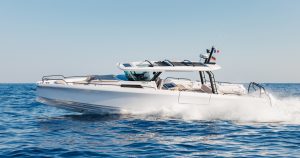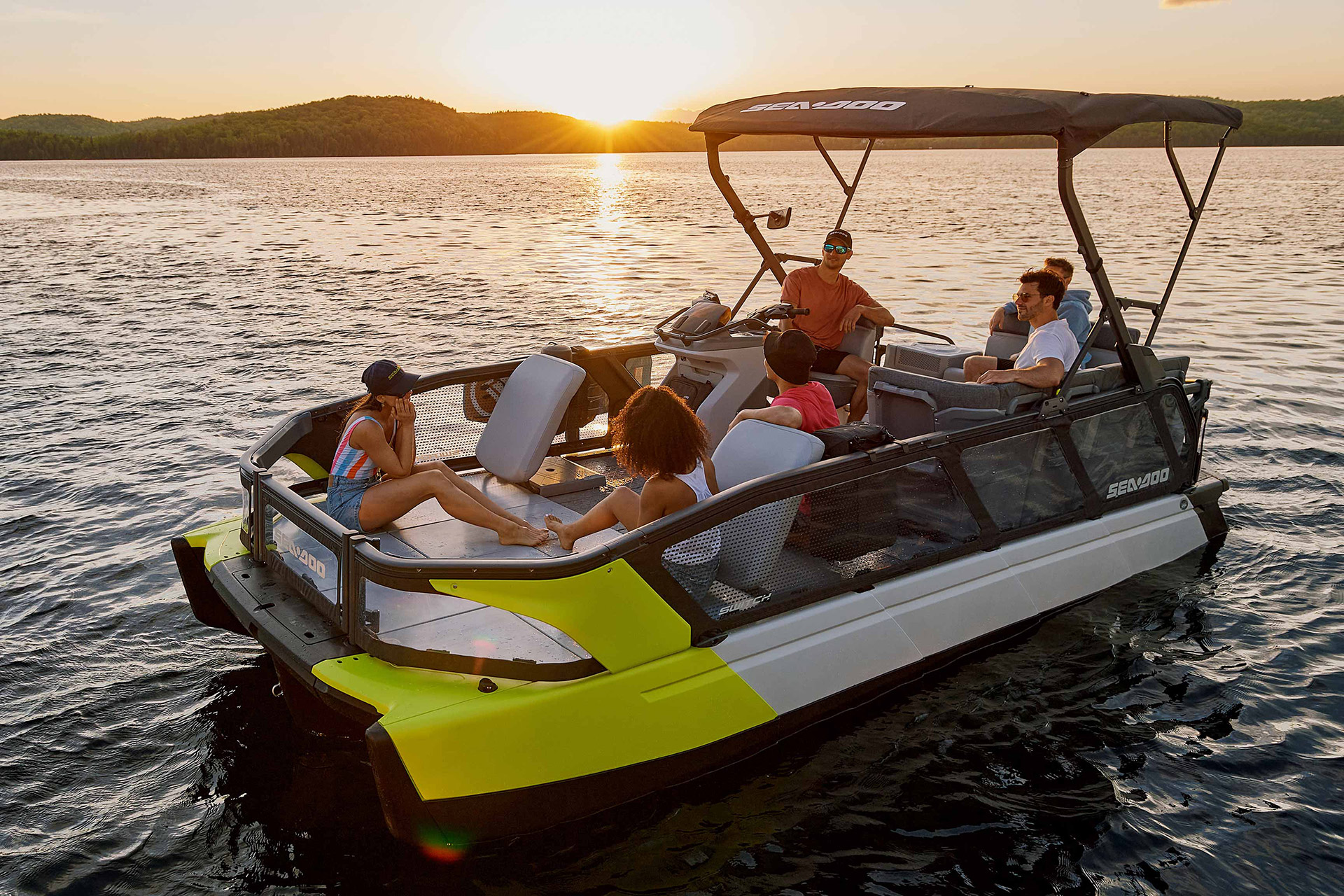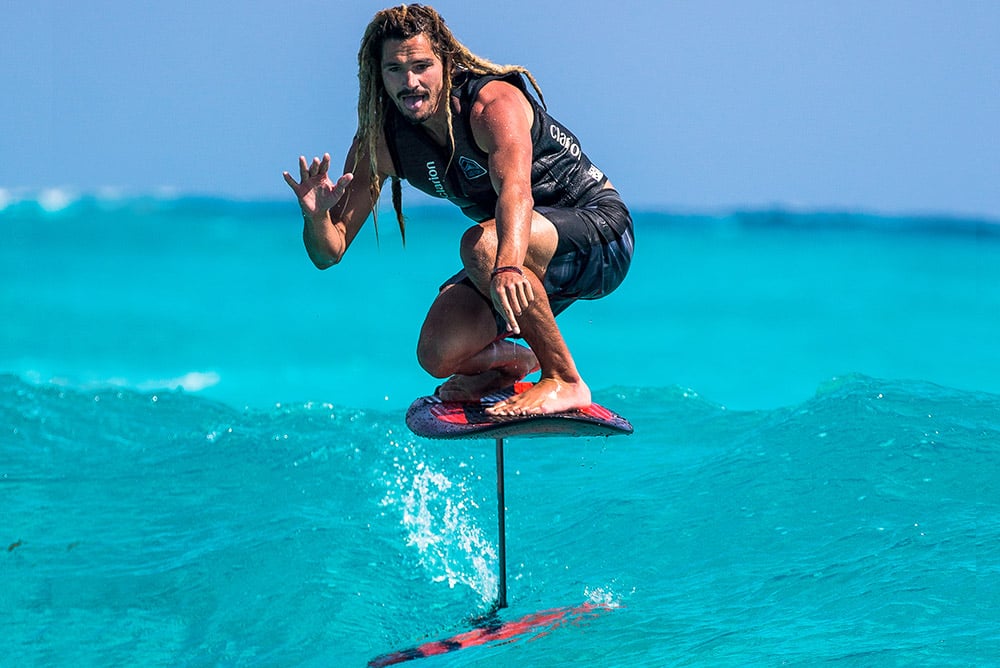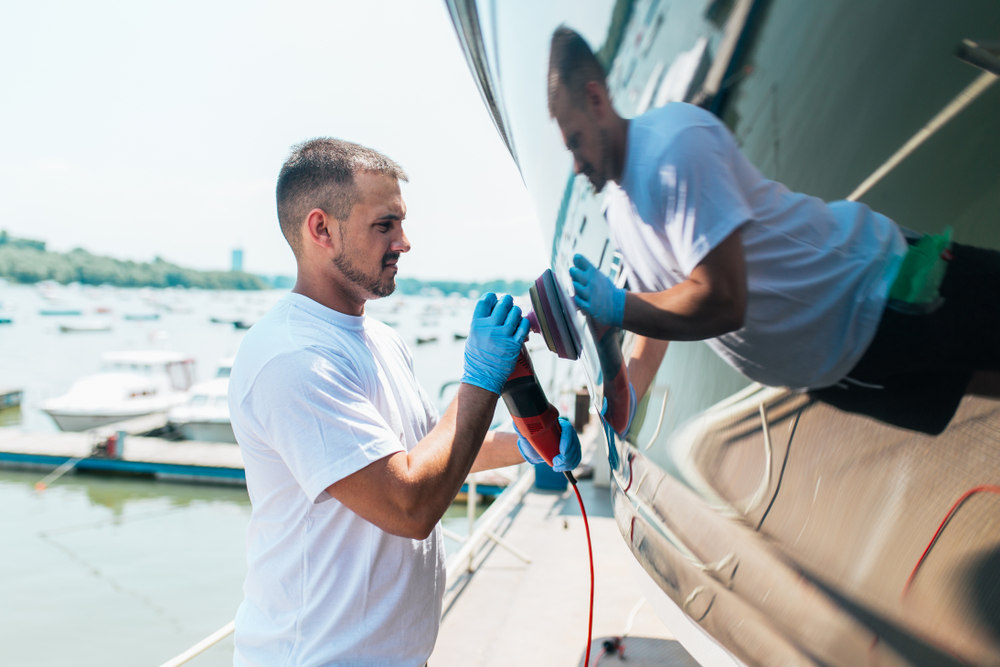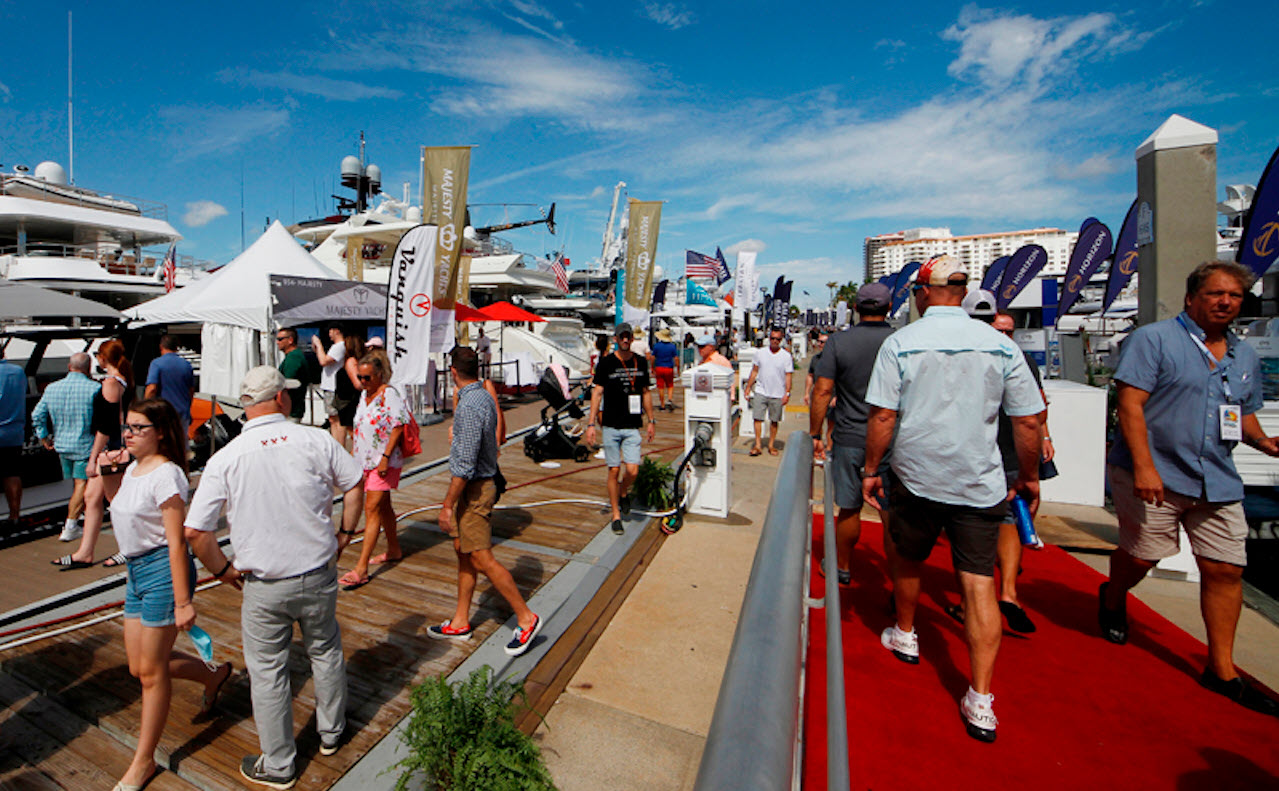Tender Boats
Tender Boats for Sale: A Comprehensive Guide
Tender boats are small, versatile vessels that are used for a variety of purposes. They are often used as a support vessel for larger boats and yachts, and they can be used for transportation, fishing, and water sports. Tender boats come in a variety of sizes and styles, and they can be powered by a variety of engines, including outboard motors, inboard motors, and jet drives. They can also be made from a variety of materials, such as fiberglass, aluminum, and inflatable materials.
When looking for tender boats for sale, it is important to understand the different types of tender boats available. Some of the most popular types of tender boats include rigid-hulled inflatable boats (RIBs), center console boats, and open boats. Each type of tender boat has its own unique features and benefits, so it is important to choose the right one for your needs.
When shopping for tender boats, it is also important to consider the key features of the boat, such as its size, weight, and maneuverability. Other important factors to consider include the boat's fuel type, engine type, and price. By taking these factors into account, you can find the perfect tender boat for your needs and budget.
Key Takeaways
- Tender boats come in a variety of sizes and styles and can be used for a variety of purposes.
- It is important to understand the different types of tender boats available and choose the right one for your needs.
- When shopping for tender boats, it is important to consider key features such as size, weight, maneuverability, fuel type, engine type, and price.
Understanding Tender Boats
Tender boats are small vessels that are used to ferry people and goods to and from larger boats, such as yachts and ships. They are essential for the smooth operation of larger vessels, as they provide a means of transportation to shore and back. Tender boats come in various shapes and sizes, and they can be powered by different types of engines, including gasoline, diesel, and electric.
One of the most common types of tender boats is the rigid inflatable boat (RIB). These boats are known for their stability, speed, and maneuverability, and they are often used for water sports, fishing, diving, and other activities on the water. RIBs are made of tough, durable materials, such as PVC or Hypalon, and they have inflatable tubes that provide buoyancy and shock absorption.
Another type of tender boat is the center console. These boats are characterized by their open layout and their steering console, which is located in the center of the boat. Center console boats are versatile and can be used for a wide range of activities, including fishing, cruising, and water sports. They are often powered by outboard engines, which are mounted on the transom of the boat.
When choosing a tender boat, it is important to consider the size and weight of the boat that it will be serving. The tender boat should be large enough to accommodate all the passengers and cargo that need to be transported, but not so large that it is difficult to handle or store. It should also be powerful enough to handle the conditions of the water, such as waves, wind, and currents.
Overall, tender boats are an essential part of any larger vessel, and they provide a means of transportation that is safe, reliable, and efficient. Whether you are a yacht owner or a commercial operator, a tender boat can help you get the most out of your time on the water.
Types of Tender Boats
When it comes to tender boats, there are several types of vessels to choose from. Each type has its own unique set of advantages and disadvantages, which makes it important to choose the right one for your specific needs. In this section, we will explore some of the most common types of tender boats.
Rigid-Hull Inflatables
Rigid-hull inflatables, also known as RIBs, are a popular choice for tender boats. They are known for their stability, speed, and maneuverability. RIBs have a rigid bottom and inflatable sides, which makes them lightweight and easy to transport. They are also very durable and can handle rough waters with ease.
Planing and Modified Vee
Planing and modified vee tenders are designed to be fast and efficient. They have a flat or slightly V-shaped bottom, which allows them to plane on top of the water at high speeds. These tenders are ideal for water sports and activities that require speed and agility.
Portable and Buoyant
Portable and buoyant tenders are lightweight and easy to transport. They are typically made of materials like PVC or Hypalon, which makes them very buoyant. These tenders are ideal for smaller boats or boats without a designated tender garage.
Power-All-Power and Power-Aft-Cabin
Power-all-power and power-aft-cabin tenders are designed for longer journeys and can be used as a secondary boat for cruising. They are typically larger and more luxurious than other types of tenders. These tenders often have a cabin area with sleeping quarters and a small bathroom.
Power-Center-Console and Power-Cruiser
Power-center-console and power-cruiser tenders are designed for versatility. They are typically smaller than power-all-power and power-aft-cabin tenders, but still offer a range of features like a center console for steering and seating for passengers.
Power-Dinghy and Power-Inflatable
Power-dinghy and power-inflatable tenders are small, lightweight, and easy to transport. They are typically powered by an outboard motor and are ideal for short trips or as a backup boat.
Power-Rigid-Inflatable-Boats-(Rib) and Power-Tender
Power-Rigid-Inflatable-Boats-(Rib) and power-tender tenders are similar to RIBs but are designed for longer journeys. They are typically larger and more luxurious than other types of RIBs and offer a range of features like a cabin area with sleeping quarters and a small bathroom.
Overall, there are many types of tender boats to choose from, each with its own unique set of features and benefits. When choosing a tender, it is important to consider your specific needs and requirements to ensure that you choose the right one for your vessel.
Key Features of Tender Boats
When it comes to purchasing a tender boat, there are several key features to consider. In this section, we will cover the most important features to help you make an informed decision.
Size and Beam
The size and beam of a tender boat are critical factors to consider. A larger tender boat will have more space for passengers and cargo, while a smaller one will be easier to maneuver and store. The beam of a tender boat is also important, as a narrow beam will make it easier to navigate through tight spaces.
Propulsion Systems
Tender boats can be powered by different propulsion systems, including outboard, inboard, or inboard/outboard engines. Outboard engines are the most common and offer easy maintenance and maneuverability. Inboard engines are typically more powerful and offer better fuel efficiency, while inboard/outboard engines combine the benefits of both.
Material and Durability
Tender boats can be made from different materials, such as PVC or Hypalon. PVC is more affordable and lightweight, while Hypalon is more durable and resistant to UV rays and abrasions. Durability is crucial when selecting a tender boat, as it will be exposed to harsh marine conditions.
Passenger and Crew Capacity
The number of passengers and crew members a tender boat can accommodate is an essential factor to consider. The capacity will depend on the size of the boat, but it's important to ensure that the boat can safely carry everyone on board.
Storage Capacity
Storage capacity is another important feature to consider, as a tender boat will need to carry equipment, supplies, and other cargo. Some tender boats come with built-in storage compartments, while others may require additional storage solutions.
In summary, when purchasing a tender boat, it's essential to consider the size and beam, propulsion systems, material and durability, passenger and crew capacity, and storage capacity. By taking these key features into account, you can find the perfect tender boat for your needs.
Popular Tender Boat Brands
When it comes to purchasing a tender boat, there are many brands to choose from. Here are some of the most popular and well-respected brands in the industry.
AB Inflatables
AB Inflatables has been producing high-quality inflatable boats for over 50 years. The company is known for its durable and reliable boats that are designed to withstand harsh marine environments. AB Inflatables offers a wide range of models, from small tenders to larger RIBs, with various features and options to meet different needs.
Boston Whaler
Boston Whaler is a well-known brand in the boating industry, famous for its unsinkable boats. The company has been producing boats for over 60 years and has a reputation for quality and innovation. Boston Whaler offers a range of tender boats that are designed to be safe, comfortable, and easy to use.
Highfield
Highfield is a relatively new player in the tender boat market but has quickly gained a reputation for quality and innovation. The company produces RIBs that are designed to be lightweight, durable, and easy to handle. Highfield offers a range of models, from small tenders to larger RIBs, with various features and options to meet different needs.
Williams Jet Tenders
Williams Jet Tenders is a British company that specializes in producing luxury tender boats. The company is known for its high-performance jet propulsion systems that provide a smooth and comfortable ride. Williams Jet Tenders offers a range of models, from small tenders to larger RIBs, with various features and options to meet different needs.
Northstar
Northstar is a Canadian company that produces high-quality RIBs and tenders. The company is known for its innovative designs and attention to detail. Northstar offers a range of models, from small tenders to larger RIBs, with various features and options to meet different needs.
Whaly
Whaly is a Dutch company that produces durable and versatile tenders and RIBs. The company's boats are made from high-quality polyethylene that is UV-resistant, impact-resistant, and easy to maintain. Whaly offers a range of models, from small tenders to larger RIBs, with various features and options to meet different needs.
Polycraft
Polycraft is an Australian company that produces tough and durable tenders and RIBs. The company's boats are made from high-quality polyethylene that is impact-resistant and easy to maintain. Polycraft offers a range of models, from small tenders to larger RIBs, with various features and options to meet different needs.
Tender Boat Usage
Tender boats are versatile vessels that can be used for a variety of purposes. They are often used as support boats for larger vessels, but they can also be used for day cruising, fishing, and luxury yachting.
Day Cruising
Tender boats are perfect for day cruising. They are small and agile, which makes them ideal for exploring shallow waters and tight spaces. Tender boats can be used to explore hidden coves, visit secluded beaches, and get up close and personal with wildlife. They are also great for water sports like wakeboarding, water skiing, and tubing.
Fishing
Tender boats are also great for fishing. They are small and nimble, which makes them ideal for navigating tight spaces and getting close to the fish. Tender boats can be used for both freshwater and saltwater fishing. They are perfect for casting and trolling, and they can be used to explore remote fishing spots that larger boats can't reach.
Luxury Yachting
Tender boats are often used as support boats for luxury yachts. They can be used to transport guests to and from shore, and they can be used to explore remote locations. Tender boats can also be used for water sports and other recreational activities. They are often equipped with luxurious amenities like comfortable seating, sound systems, and wet bars.
In conclusion, tender boats are versatile vessels that can be used for a variety of purposes. They are perfect for day cruising, fishing, and luxury yachting. Whether you're exploring hidden coves, casting for fish, or transporting guests to and from shore, a tender boat is the perfect vessel for the job.
Tender Boat Prices
When it comes to purchasing a tender boat, the price can vary greatly depending on the size, make, and model. Generally, power tender boats are more expensive than their non-powered counterparts.
According to Boat Trader, the cost of tender boats for sale on their website ranges from a reasonable $2,119 to a more costly $1,261,000 for the higher-end models. The top brands for tender boats on Boat Trader over the previous 30 days were Boston Whaler, Highfield, Nautica, Polycraft, and Whaly.
Another popular website for purchasing tender boats is YachtWorld. Their prices for tender boats start at $70 per month.
It's important to note that the price of a tender boat doesn't necessarily reflect its quality. Factors such as age, condition, and location can also affect the price.
Potential buyers should also consider additional costs such as maintenance, storage, and insurance. These costs can add up over time and should be factored into the overall budget for the tender boat.
In summary, the price of a tender boat can vary greatly, but buyers can find options that fit their budget on websites such as Boat Trader and YachtWorld. It's important to consider additional costs beyond the initial purchase price when budgeting for a tender boat.
Fuel Types for Tender Boats
When it comes to fuel types for tender boats, there are several options available. The most common fuel types are gas, diesel, and electric. Each fuel type has its own advantages and disadvantages, and choosing the right one will depend on a variety of factors such as cost, performance, and environmental impact.
Gas
Gasoline is a popular fuel type for tender boats due to its availability and affordability. Gas engines are also easy to maintain and repair, making them a popular choice for those who prefer to do their own maintenance. However, gas engines are not as fuel-efficient as diesel engines, which means they can be more expensive to operate in the long run.
Diesel
Diesel engines are known for their fuel efficiency and durability, making them a popular choice for larger boats and tenders. Diesel fuel is also less flammable than gasoline, which makes it a safer option for those who prioritize safety. However, diesel engines can be more expensive to purchase and maintain than gas engines.
Electric
Electric engines are becoming increasingly popular for tender boats due to their low environmental impact and quiet operation. Electric engines are also easy to maintain and require less upkeep than gas or diesel engines. However, electric engines can have a limited range and may not be suitable for longer trips.
When choosing a fuel type for a tender boat, it's important to consider factors such as cost, performance, and environmental impact. Gasoline is a popular and affordable option, while diesel engines are known for their fuel efficiency and durability. Electric engines are a newer and more environmentally-friendly option, but may have a limited range. Ultimately, the right fuel type will depend on the individual's needs and preferences.
Tender Boat Engines
One of the most important components of a tender boat is its engine. Tender boats are typically powered by outboard engines, which are mounted on the transom of the boat. These engines can vary in size and power, depending on the size and weight of the boat, as well as the intended use of the boat.
Engine Size and Horsepower
When choosing an engine for a tender boat, it is important to consider the size and weight of the boat, as well as the expected load capacity. Engines are typically rated by their horsepower (HP), which is a measure of the engine's power output. The higher the horsepower rating, the more power the engine can produce.
For smaller tender boats, engines with lower horsepower ratings may be sufficient. For example, a 10-15 HP engine may be suitable for a small inflatable tender with a capacity of 2-3 people. Larger tender boats, on the other hand, may require engines with higher horsepower ratings, such as 50-100 HP or more.
Types of Engines
There are several types of engines that can be used to power tender boats, including:
- Two-Stroke Engines: These engines are lightweight and have a simple design, but they are less fuel-efficient and emit more pollutants than four-stroke engines.
- Four-Stroke Engines: These engines are more fuel-efficient and emit fewer pollutants than two-stroke engines, but they are heavier and more complex.
- Electric Motors: These motors are quiet, efficient, and environmentally friendly, but they have limited range and may not be suitable for all types of tender boats.
Maintenance and Care
Proper maintenance and care of the engine is essential to ensure that it operates safely and efficiently. This includes regular oil changes, checking and replacing spark plugs, and inspecting the propeller and other components for damage. It is also important to follow the manufacturer's recommendations for maintenance and care, as well as to use high-quality fuel and oil.
In conclusion, the engine is a critical component of a tender boat, and choosing the right engine for the boat's size and intended use is important. Regular maintenance and care of the engine will help ensure that it operates safely and efficiently for years to come.
Buying Tips for Tender Boats
When it comes to buying a tender boat, there are several factors that buyers should consider. Here are some tips to help buyers make an informed decision:
Model
Buyers should consider the model of the tender boat they are interested in purchasing. Some models are better suited for specific uses than others. For example, a RIB (rigid inflatable boat) is ideal for watersports and diving, while a limousine tender is more suited for transporting guests in luxury. Buyers should consider their intended use and choose a model that fits their needs.
Material
The material used to construct the tender boat is another important factor to consider. Tender boats can be made from a variety of materials, including aluminum, fiberglass, and PVC. Each material has its own advantages and disadvantages. Aluminum is durable and requires little maintenance, while fiberglass is lightweight and easy to maneuver. PVC tenders are affordable and easy to store. Buyers should consider their budget and intended use when choosing a material.
Propulsion Systems
Buyers should also consider the propulsion system used in the tender boat. Tender boats can be powered by outboard engines, inboard engines, or electric motors. Outboard engines are popular due to their ease of maintenance and affordability. Inboard engines provide better performance and fuel efficiency, while electric motors are eco-friendly and quiet. Buyers should consider their budget, intended use, and environmental impact when choosing a propulsion system.
YachtWorld
Buyers should also consider browsing listings on YachtWorld to find the perfect tender boat. YachtWorld is a popular online marketplace for buying and selling boats. Buyers can browse thousands of listings from around the world and find the perfect tender boat for their needs. YachtWorld offers a wide range of models, materials, and propulsion systems to choose from.
In conclusion, buyers should consider the model, material, propulsion system, and YachtWorld when purchasing a tender boat. By taking these factors into consideration, buyers can make an informed decision and find the perfect tender boat for their needs.
Frequently Asked Questions
What is an inflatable tender boat?
An inflatable tender boat is a type of boat with inflatable tubes around the sides that provide buoyancy and stability. These boats are typically lightweight, easy to store, and can be inflated and deflated quickly. They are a popular choice for yacht owners and boaters who need a portable and versatile watercraft.
What should I consider when buying a used tender boat in Florida?
When buying a used tender boat in Florida, it is important to consider the boat's condition, age, and maintenance history. You should also check for any signs of damage or wear and tear, such as cracks or leaks in the hull or tubes. Additionally, it is recommended to have the boat inspected by a professional before making a purchase.
What are the best options for small tender boats?
There are several options for small tender boats, including dinghies, inflatables, and rigid-hulled boats. Dinghies are typically lightweight and easy to maneuver, while inflatables are portable and versatile. Rigid-hulled boats are more durable and can handle rougher waters. The best option for you will depend on your specific needs and intended use.
How are tender boats used on cruise ships?
Tender boats are used on cruise ships to transport passengers from the ship to shore when the ship is unable to dock at a port. These boats are typically operated by the cruise ship's crew and can carry a large number of passengers at once. They are an essential part of many cruise ship itineraries and provide a unique way to explore different destinations.
What are some luxury tender boats for sale?
There are several luxury tender boats for sale, including custom-made boats and high-end brands such as Hinckley and Riva. These boats often feature luxurious amenities such as leather seating, teak decks, and high-performance engines. They are designed to provide a comfortable and stylish way to transport passengers to and from a larger vessel.
What are the advantages of a wooden tender boat?
Wooden tender boats offer several advantages, including durability, longevity, and a classic look. They are typically handcrafted using high-quality materials and can last for many years with proper maintenance. Additionally, wooden boats are often considered more environmentally friendly than boats made from synthetic materials. However, they do require more maintenance and upkeep than other types of boats.
Specifications
Featured Brands
All Brands for Tender Boats
- AB
- AB Inflatables
- Agilis
- Antaris
- Avon
- Axopar
- Boston Whaler
- Breedendam
- Brig
- Cooper
- Corsiva
- Cranchi
- Custom
- Futuro
- Gala
- Grand
- Highfield
- Honwave
- Interboat
- Jan Van Gent
- Makma
- Maril
- Maxima
- Menken
- Nimbus
- Northstar
- Novurania
- Ocean Craft Marine
- OceanPro
- Onda
- Oud Huijzer
- Polycraft
- Primeur
- Quicksilver
- Reitdieper
- Roughneck
- SUR Marine
- Seafury
- Sealegs
- Sloep
- Stormer
- TendR
- Tender
- Tracker
- Trailer
- Ultra Lite Tenders
- Van Vossen
- Van Wijk
- WB1
- Walker Bay
- Waterspoor
- Whaly
- Williams Jet Tenders
- Yachtwerft Meyer
- Zodiac


